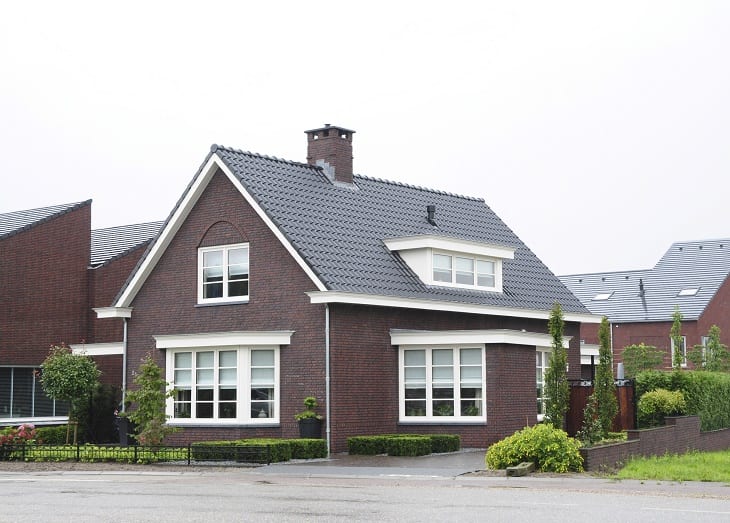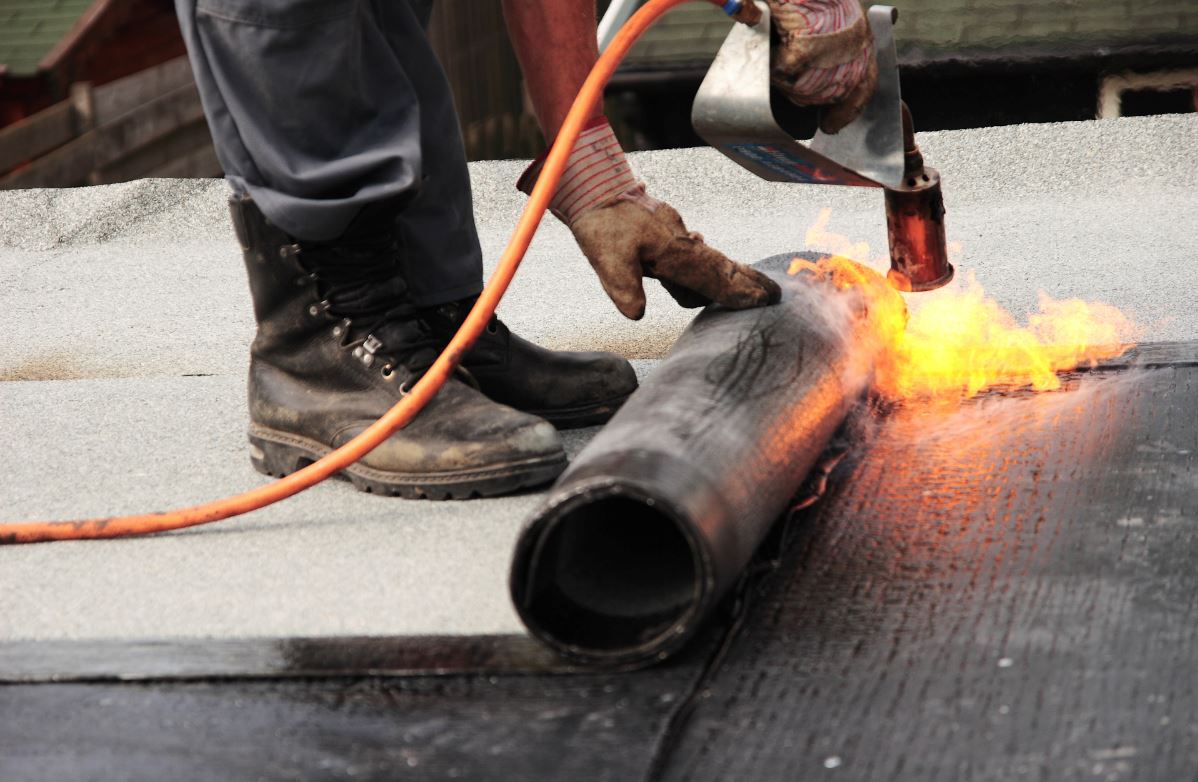Is your roofing in need of replacement? Then you want to start this project well prepared and well informed about what is involved. This way, you will avoid any surprises and choose the right roofing.
Costs of different types of roofing
It is useful to know the costs of different types of roofing in advance. That way, you can estimate what fits your budget. To make the costs per type of roofing as clear as possible, we have listed the most popular types of roofing. The average prices below are per m2, including VAT and wages.
| Type of roofing | Average price per m2 (including VAT and wages) |
Average life |
|---|---|---|
| Roof sloping roof | ||
| Slates | £ 30- £ 200 | 30 years |
| Flat roof | ||
| Bitumen | £ 45 | 20 years |
| EPDM | £ 65 | 40 year |
Find the best specialist for your project and get free quotes.
Start
Do you want more information on the different types of roofing? Then take a look at the price guides on bitumen, roof tiles and EPDM.

Types of roofing
The types of roofing for pitched and flat roofs differ, as roof tiles cannot be placed on a flat roof. This is an overview of the different types of roofing and related information:
sloping roof
- Roof tiles:If you choose roof tiles, you have a choice of two types. The concrete roof tile is the cheapest variant. It does not last as long as the ceramic variant because concrete roof tiles are more prone to moss and algae. The second variant is the ceramic roof tile. Of all roofing types, this is the most popular roofing material for a pitched roof. They have a smaller surface area than concrete roof tiles and therefore take longer to lay.
- Slates:Roof slates, also called shingles. Initially, shingles were made of slate as standard. Nowadays, they are also available in bitumen and plastic, roofing slates made of these materials are cheaper than natural slates. For example, the price of bitumen shingles and plastic shingles averages between £30 and £65 per m2, while the price of natural shingles varies between £55 and £199 per m2.

Flat roof
- Bitumen:Of all types of roofing, this is the most popular roofing material for flat roofs in the Netherlands. The advantage of bitumen is that the roofing does not need to be completely replaced at the end of its service life. A new layer of bitumen can often be laid over the already existing bitumen, saving you money.
- EPDM:This type of roofing material lasts a lot longer than bitumen. In addition, this type of roofing material makes it 100% recyclable, root-proof and rot-resistant. This also makes EPDM the perfect roofing material if you want to have a green roof installed on your roof immediately or in due course.

Tips for choosing types of roofing
Check your roof insulation
If you have chosen among the types of roofing and are having your new roofing installed, it is a good idea to check whether you still need to insulate your roof. Did you know that up to 30% of the heat in your home is lost through the roof if it is not insulated? Insulation material costs an average of £45 per m2, with a roof of average size you will have earned back the invested amount in 5 years.
Check the quality mark
It is very important that your roofing is laid properly to avoid any damage. Therefore, check that the roofing company doing the project,has the right seals of approval. There are different quality marks for the different types of roofing among roofers:
- Vebidak:The trade association that guarantees the quality of roofing companies that install bitumen and plastic roofing.
- Dakmerk:For roofing companies that meet the quality requirements for flat roofs.
- Dakmaster:National network of qualified roofers and materials for a pitched roof.
- Dumebo DWS:The trade organisation for roofing companies regarding the quality of metal roofs.
- KOMO:Guarantees that the roofing company only uses high-quality materials.
- VCA:For companies that comply with safety, health and environmental requirements.
Check what the roofing company offers
To avoid any surprises during the project, it is advisable to check, for example, the roofing company’s timetable and working methods. Also check how many years of warranty the roofing company provides. That way, you can be assured of a safe and watertight home for years to come.
Advantages of new roofing
Replacing your roofing is necessary after decades. But what exactly are the benefits of new roofing? The same applies to all types of roofing:
- By carefully examining which type of roofing is best for your roof, you can be sure that you are making the right choice and you will be living under a dry roof for years to come.
- New roofing will make your roof watertight again, saving you money on repairs to your roof.
- Choosing a new type of roofing is a good time to have your insulation checked or installed. This will save you on your energy bill.
Find the best specialist for your project and get free quotes.
Start